UAL partner in £40m project to train future digital specialists
University of the Arts London (UAL) is a partner in the newly established Institute of Coding. The new institute was announced by the Prime Minister on 25 January to give the UK an edge in the global digital economy.

Speaking at the World Economic Forum 2018 in Davos, Theresa May outlined how the Institute of Coding will create new degree level courses to equip people of all ages with the digital skills they need.
The organisation is led by University of Bath with 24 other university partners, international corporations, professional bodies and is supported by the Higher Education Funding Council for England (HEFCE).
The Institute is set to receive £20 million in government investment to tackle the UK’s digital skills gap, with a further £20 million matched funded.
The aim of the Institute is to ensure that employers and individuals across the UK can access the skills they need to compete in the global digital economy.
UAL’s role will ensure that computational practices are recognised as a key pillar of creative agency in the 21st century. This will support the innovative practice of the UK’s creative economy. It is also an opportunity to support the development of creative computing as a subject area at UAL.
Professor Frances Corner OBE, Pro Vice-Chancellor for Digital said: “Our engagement with the Institute of Coding is very welcome. It will develop our work with the digital aspects of the creative industries and also show how creative thinking can be productively brought in to the computing arena.”
Dr Rachid Hourizi, Director of the Institute of Coding, said: “The strength of the Institute of Coding lies in the fact that it brings together educators, employers and outreach groups to co-develop digital skills education at undergraduate and masters level for learners in universities, at work and in previously under-supported groups across the country.”
For more information about the Institute of Coding by visiting https://instituteofcoding.org/.
Creative coding and computing at CCW can include the creation of interactive works, sensors (all kinds from motion to ultrasonic), interactive installations, immersive spaces, experimentation with data, face detection, wearable technologies & internet of things. See some examples of Creative Coding/Computing at Camberwell, Chelsea & Wimbledon (CCW)

